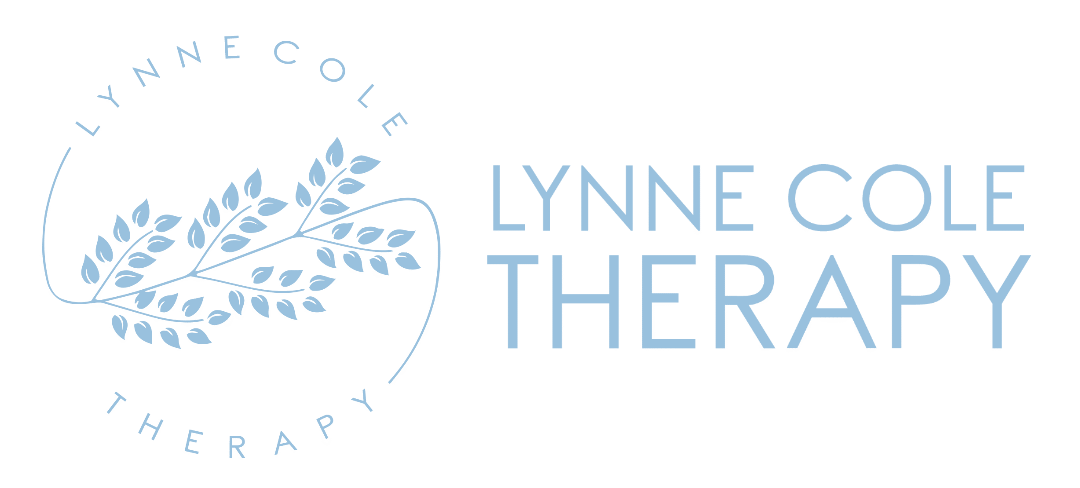It’s natural for parents to worry when their child seems unhappy, anxious, or is behaving differently. Perhaps your child has been withdrawing from friends, struggling at school, or showing big changes in mood that don’t seem to pass. You may be wondering: is this just a phase, or does my child need to go to therapy?
You’re not alone in this uncertainty. Research by the NHS (2023) found that around one in five children and young people aged 8–25 years in England had a probable mental health disorder. Many families wrestle with the same difficult questions, often feeling guilt, fear, or doubt about whether seeking therapy means something is “wrong” with their child or with their parenting.
The truth is, reaching out for support is not a failure. It’s a proactive step that many parents take to help their child build resilience, improve wellbeing, and thrive.
Written By: Lynne Cole | Published: October 2022 | Last Updated: October 2025
Here are a few warning signs to watch out for.
Table of Contents
ToggleUnderstanding Normal vs Concerning Behaviour
Children and young people naturally go through phases of emotional ups and downs. Temporary setbacks are part of growing up, whether it’s tantrums in toddlers, moodiness in teenagers, or periods of social withdrawal when navigating friendships.
The key distinction lies in persistence, intensity, and impact.
- Normal developmental behaviours often come and go. For example, a five-year-old may struggle to share toys but learns over time with guidance. A teenager might be irritable for a week during exam season but then settles.
- Concerning behaviours tend to last for weeks or months, don’t improve with support, and begin to interfere with daily life, at home, at school, or socially.
As a general rule:
- If a behaviour persists beyond a typical developmental stage
- If it causes distress to your child or significantly disrupts family life
- If it worsens over time rather than improving
…it may be worth seeking professional input.
Warning Signs That Your Child May Benefit from Therapy
Every child expresses distress differently, and signs can vary by age. Below are some common categories of concern that suggest therapy could be helpful.
Emotional Warning Signs
- Persistent sadness or depression – appearing low, tearful, or hopeless most days for several weeks.
- Excessive anxiety or worry – fears that go beyond what is typical for their age, e.g. refusing school due to overwhelming worry.
- Extreme mood swings – moving quickly from calm to explosive anger, or joyful to deeply sad.
- Regression – reverting to earlier behaviours such as bedwetting or clinginess without a clear cause.
- Difficulty managing emotions – frequent meltdowns, inability to calm down, or emotional numbness.
Behavioural Red Flags
- Aggression – hitting, biting, shouting, or cruelty to siblings, peers, or pets.
- Self-destructive behaviours – hitting themselves, hair pulling, risk-taking, or experimenting with substances.
- Changes in eating or sleeping – ongoing insomnia, nightmares, bingeing, or food refusal.
- Oppositional behaviour – defiance well beyond what is expected for their age, severely disrupting home or school life.
Problems with Daily Functioning
- Social withdrawal – avoiding friends, family, or activities they once enjoyed.
- Declining academic performance – loss of focus, school refusal, or dropping grades despite effort.
- Peer difficulties – frequent falling-outs, bullying, or inability to maintain friendships.
- Loss of interest – stopping hobbies or activities that previously brought joy.
Urgent Signs Requiring Immediate Attention
Some signs need professional help straight away:
- Talk of suicide or self-harm – any mention of wanting to die, hurt themselves, or “not be here.”
- Responses to trauma – withdrawal, flashbacks, or nightmares following a traumatic event.
- Severe outbursts – threatening others, destroying property, or extreme risk-taking.
If you notice any urgent signs, contact your GP, NHS 111, or emergency services immediately.
Finding the Right Therapist for Your Child
Choosing a therapist can feel daunting, but taking it step by step helps.
Where to Start Your Search
- GP referral: a good first point of contact; they can advise on NHS and local services.
- School counsellor or pastoral team: many schools have in-house support or referral links.
- Professional directories: such as the British Association for Counselling and Psychotherapy (BACP) or UK Council for Psychotherapy (UKCP).
- Word of mouth: recommendations from trusted friends or community groups.
Key Questions to Ask Potential Therapists
- What qualifications and accreditations do you hold?
- What experience do you have working with children of my child’s age?
- What therapeutic approaches do you use (e.g. play therapy, CBT, family therapy)?
- How do you involve parents or carers in the process?
- How do you measure progress and share updates?
Making the Final Decision
The best therapist is one who not only has the right expertise but also feels like a good fit for your child. Consider:
- Does my child feel comfortable and safe with them?
- Do I trust their professional judgment?
- Are practicalities (location, cost, availability) manageable for our family?
How to Support Your Child Throughout the Therapy Process
Your role as a parent is crucial in helping therapy succeed.
- Normalise therapy: frame it as a safe space to talk and grow, not as punishment.
- Be consistent: support attendance and routine; therapy works best with regular sessions.
- Encourage but don’t pressure: let your child share at their own pace.
- Reinforce at home: practise coping strategies together (e.g. breathing techniques, problem-solving).
- Manage setbacks: progress may be gradual, with ups and downs. This is normal.
- Seek your own support if needed: parenting a struggling child can be exhausting. Speaking with your own therapist or joining a support group can be invaluable.
Common Parent Concerns About Child Therapy
It’s normal to have doubts or fears about whether therapy is the right step. Here are answers to the most common worries.
“Will therapy label my child?”
Therapy is not about attaching labels. It’s about giving children skills, understanding, and a safe space to explore emotions. If a diagnosis is needed, it’s used to guide support, not define the child.
“Is my child too young/old for therapy?”
Therapy can help at any age. Play therapy and creative approaches work well for younger children, while talking therapies and CBT are effective with adolescents.
“What if therapy makes things worse?”
Sometimes children may become more emotional at first as they open up. This is usually a positive sign of progress, and therapists are trained to guide children through it safely.
“How do I know if it’s working?”
Look for gradual improvements: better mood, more stable behaviour, or improved relationships. Progress is often subtle but builds over time.
“What about cost?”
NHS services may be free but can have waiting times, and private therapy costs vary. Many therapists offer sliding scales, and some insurance plans cover sessions.
Summary and Key Takeaways
Deciding whether your child needs therapy can feel overwhelming, but it’s important to remember: seeking help is a sign of strength and good parenting, not weakness.
- Distinguish normal from concerning behaviours: look for persistence, intensity, and impact.
- Know the warning signs: persistent sadness, extreme worry, aggression, withdrawal, or urgent risks like self-harm.
- Find the right therapist: check qualifications, experience, and fit with your child.
- Support the process: normalise therapy, encourage without pressure, and reinforce coping skills at home.
- Address your concerns: therapy does not label children, it adapts to all ages, and with patience, it works.
If you’re still unsure, a first step could be speaking with your GP or arranging an initial consultation with a therapist. Even one conversation can bring clarity and reassurance.
Above all, remember: you don’t have to have all the answers. By considering therapy, you are already showing deep care and commitment to your child’s wellbeing. And that, in itself, is one of the greatest gifts you can give them.
Additional Reading On Child & Teen Therapy
What’s The Difference Between ADHD & Bad Behaviour?

